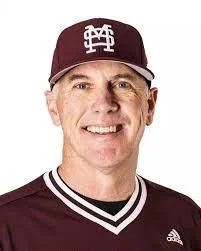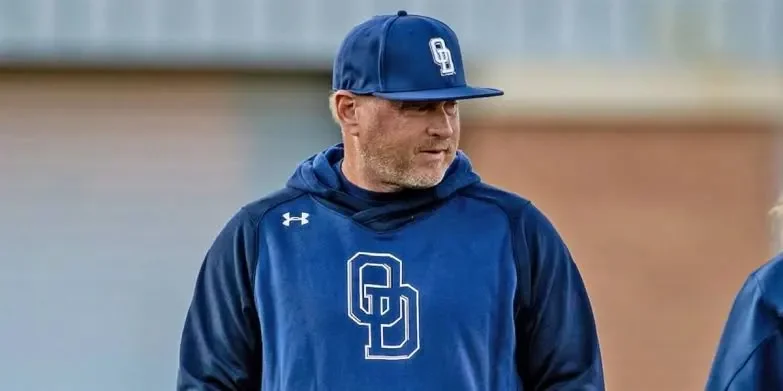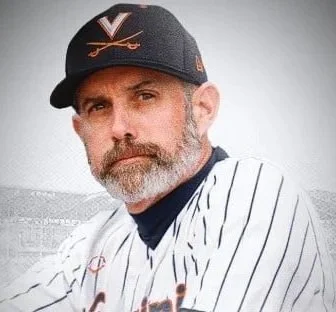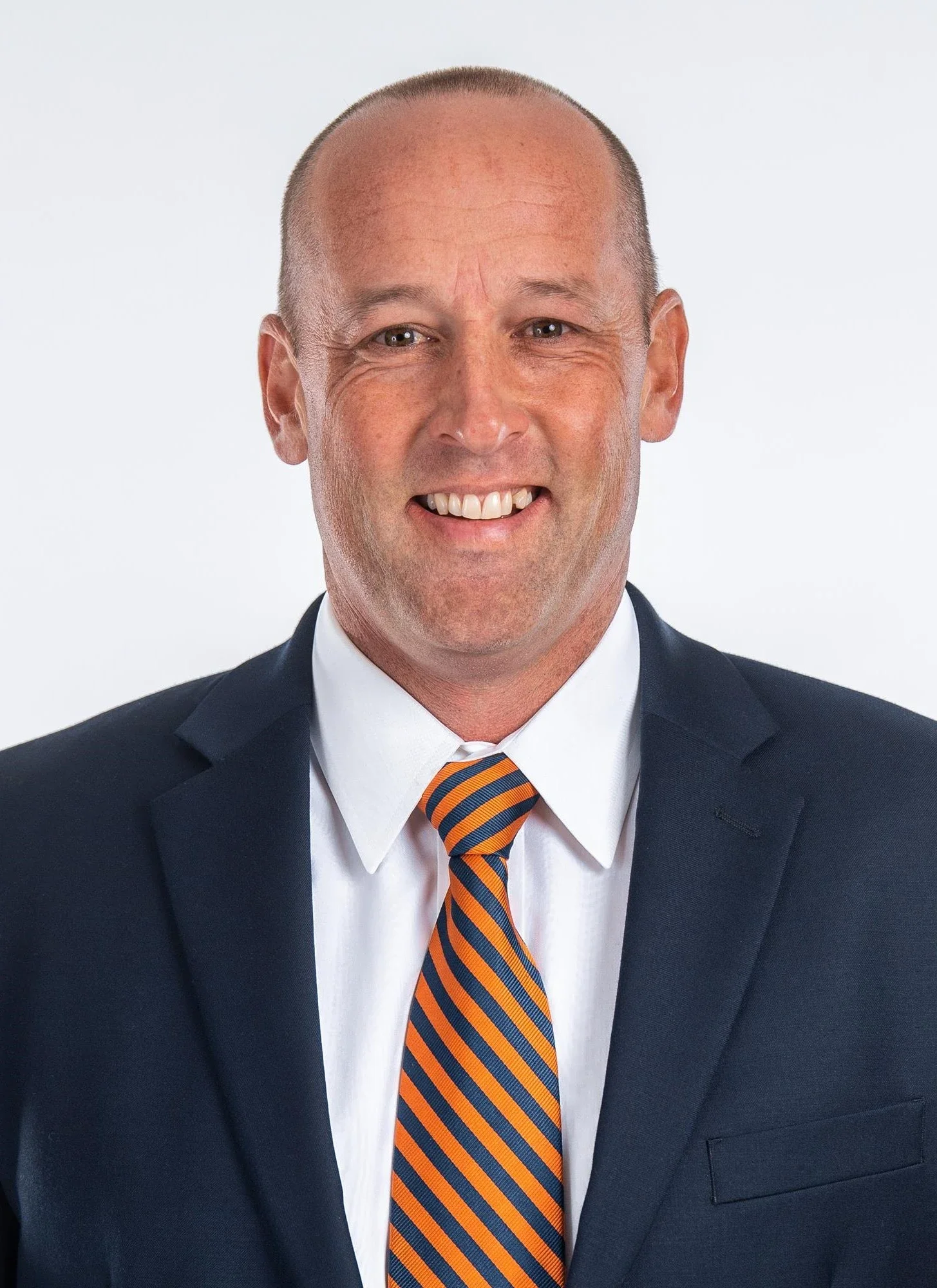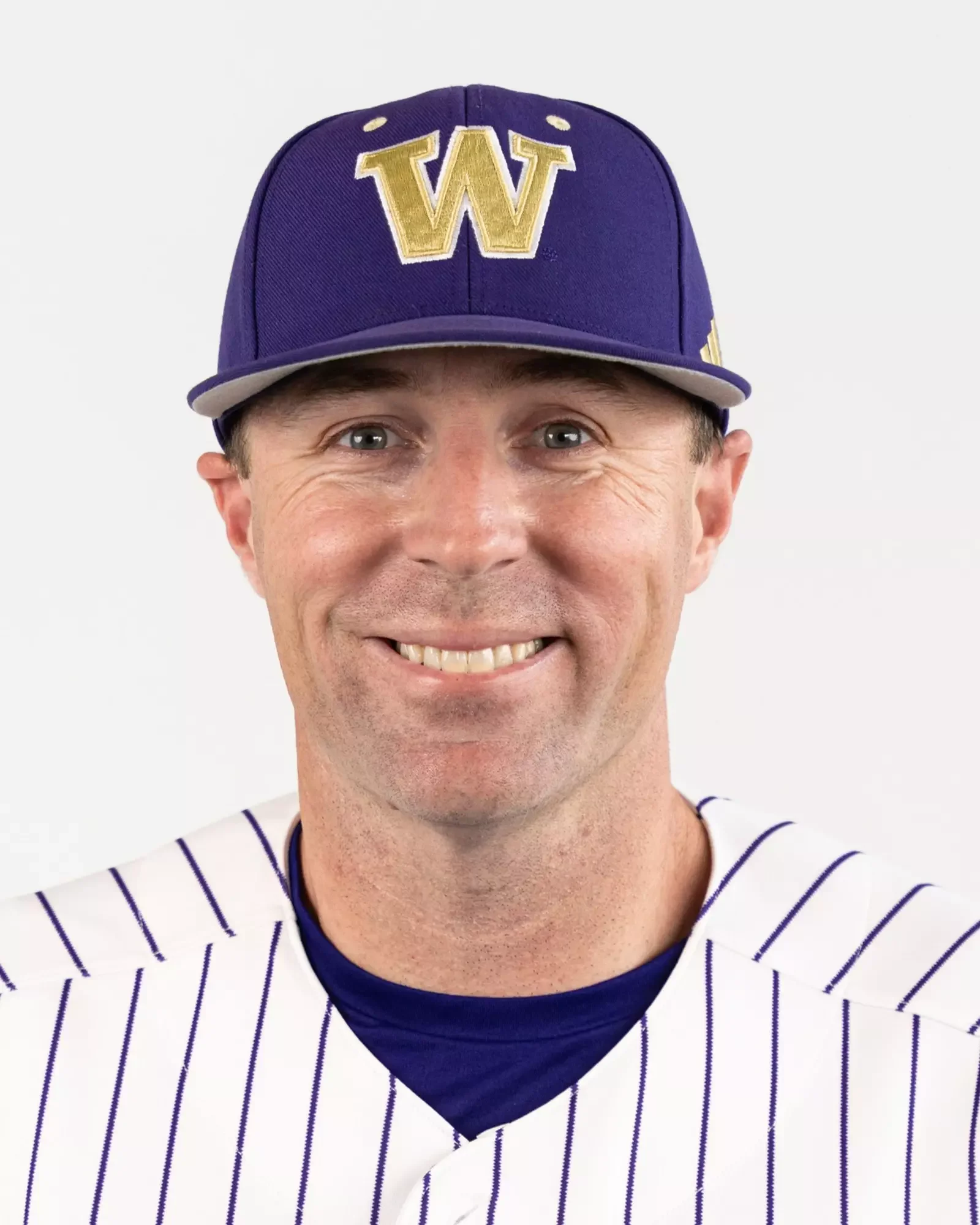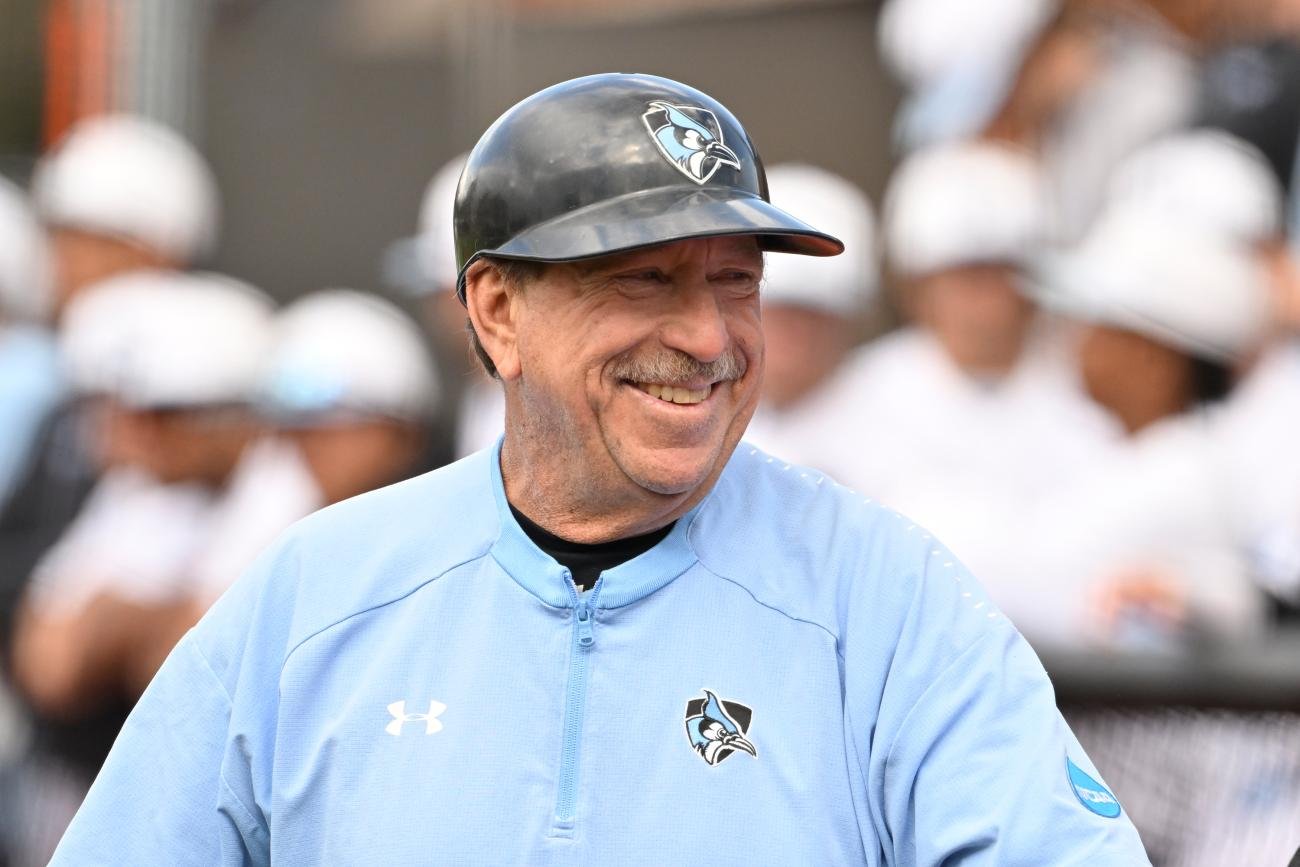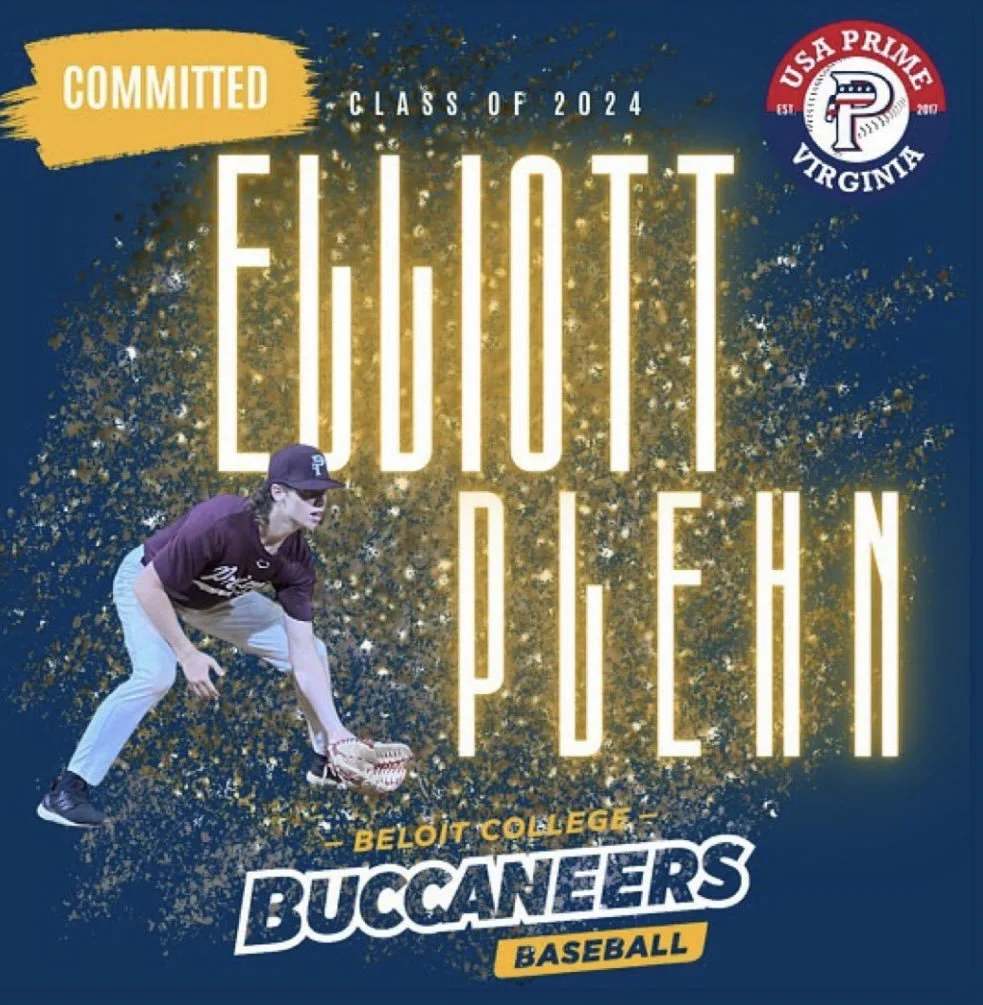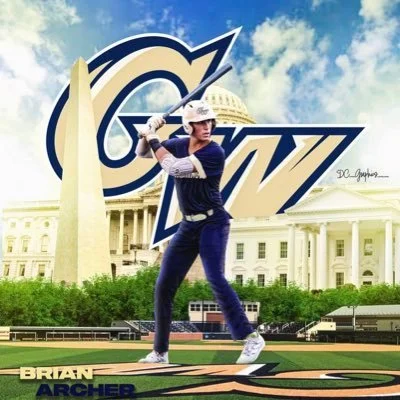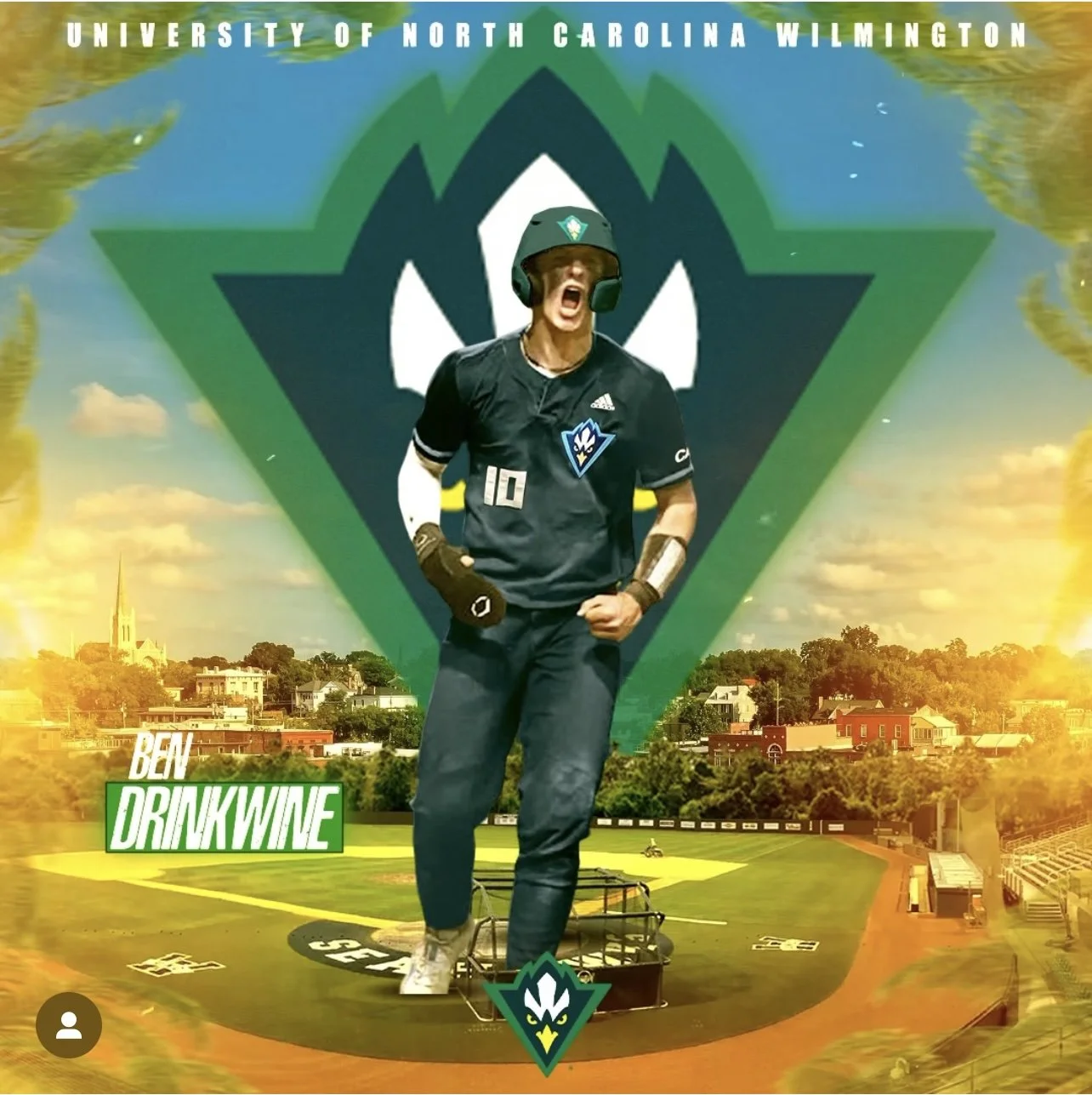WHERE TALENT MEETS OPPORTUNITY
OUR PRINCIPLES
* CANDID EVALUATION *
* DEDICATED REPRESENTATION *
* TRUSTFUL GUIDANCE *
* MEANINGFUL CONNECTIONS *
Strategic, transparent, and relationship-driven guidance that empowers families with confidence.
THE JB+C ADVANTAGE
Player-First Philosophy
We evaluate the whole person.
Talent, fit, values, and long-term growth all inform the path forward.
Proven Outcomes
A process built for results.
Multiple offers, best-fit placements, and success on and off the field.
Relational Mentorship
We develop confidence and communication.
Athletes learn ownership, self-awareness, and leadership habits that last.
Trusted National Network
Your story reaches the right coaches.
Decades of relationships across college programs amplify your opportunities.
Candid, Clear Guidance
Honest feedback that builds clarity.
We tell you what you need to know — not just what you want to hear.
Service-Driven Approach
Integrity and follow-through at every step.
We support families with optimism, accountability, and consistent care.
WHAT COACHES ARE SAYING
WHAT FAMILIES ARE SAYING


